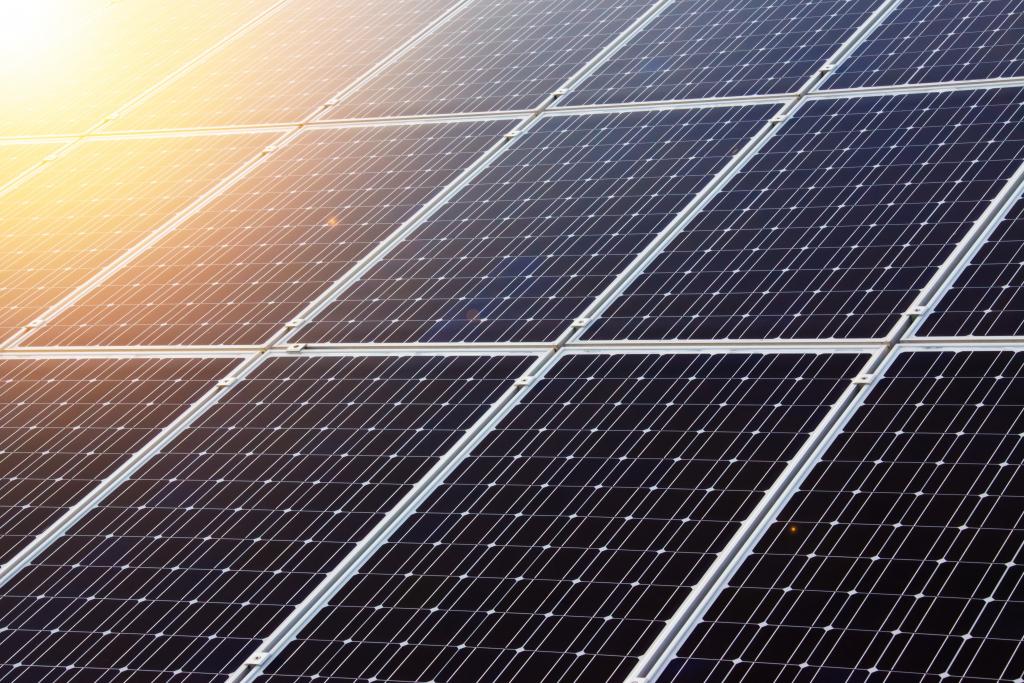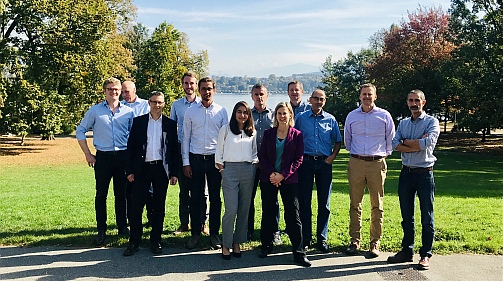- Co-applicant: Gaetan de Rassenfosse (EPFL)
- Timeline: 2017 - 2022
- Keywords: innovation, clean, financing, investment, start-up
- Funding Organisation: SNF - NRP73
Abstract:
The overarching objective of this project is to investigate how society can steer financing towards cleantech investments. Greater understanding about the financing of cleantech is critical not only in light of the massive amount of investment needed, but also because cleantech differs from other technologies on two important aspects.
First, clean technologies are largely dependent on public support as they suffer from a double externality: an environmental externality, which relates to the fact that firms do not bear the full costs of pollution, and a knowledge externality, which stems from the public good nature of knowledge. As a result, policy uncertainty, i.e. frequent changes in environmental and climate regulations, is particularly harmful to cleantech investments.
Second, cleantech investors differ from traditional investors in other technologies: they are of a more dispersed, diverse and small-scale nature than traditional investors and may be driven by different (e.g. altruistic) motives. Much of the dynamism in the sector appears to be driven by new types of investors, rather than the traditional ones (e.g. incumbent energy firms).
The research project is structured around two main goals. The first goal is to understand how uncertainty about the policy environment impacts cleantech investment. The research plan will address this first objective by building novel indicators of climate and environmental policy uncertainty and conducting economic analysis of how these indicators affect cleantech investments. To the extent that we find that uncertainty is particularly harmful to cleantech development (as we suspect), the findings will have implications for “Module 2: Opportunities and Risks” of the NRP73 by examining how a stable environmental policy regime can help Switzerland attract investors, expand its expertise and develop new export markets in the area of clean technologies. Indeed, Switzerland is generally perceived as a country with outstanding strengths in science, technology and innovation, but also a highly stable regulatory framework. The second goal is to understand how new tools and financing models (e.g. crowdfunding) can help attract new investors to cleantech. This part of the project will present studies evaluating potential remedies to alleviate the financial constraints faced by young cleantech firms. In Switzerland, venture capital investments in cleantech represent less than 4% of the total volume, against 72% for life sciences technologies alone. By investigating how financing instruments can help to channel investments towards cleantech companies, the results of the project will have implications for “Module 3: Measures and Instruments” of the NRP73.
Find out more from the project's infographic.
















